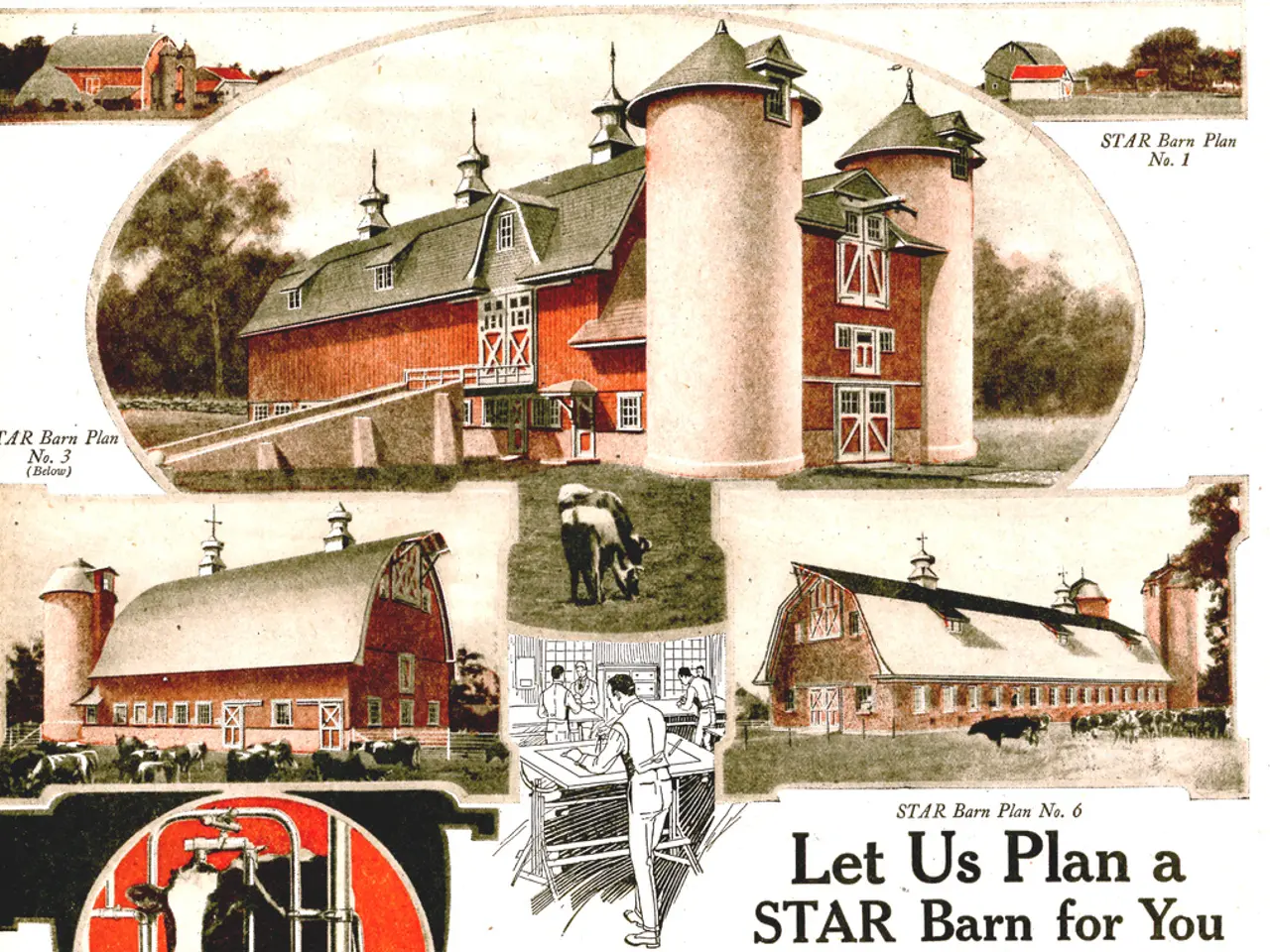Research Funding Given for Examination of Dairy Industry's Carbon Emissions Impact
In a significant move for the dairy industry, Professor Quirine Ketterings of Cornell University is spearheading the New York component of a $10 million project, dubbed "Dairy Soil and Water Regeneration." This project, funded by The Foundation for Food & Agriculture Research (FFAR), is one of the first coordinated multiyear, multisite field studies of dairy crop and manure systems in the United States.
The project aims to measure the greenhouse gas footprint of dairy farming more accurately and evaluate strategies to reduce that footprint. It is a public-private partnership, with FFAR granting $10 million and private donors providing additional funds and support.
Quirine Ketterings, who is also the Director of the Cornell Nutrient Management Spear Program, will lead the six-year, multistate project. Her lab will measure greenhouse gas emissions from farmland and analyze the impact of several carbon-suppressing and soil health-enhancing management practices.
The initiative includes studying feed additives and genetics to reduce cow methane emissions, no- or low-till farming, cover crops and precision agriculture, conversion of farm-produced biogas into renewable energy, and nutrient-management planning. Karl Czymmek, formerly a senior extension associate at Cornell, is also involved in the project.
The project's findings could potentially help New York's dairy industry remain a leader in sustainability and meet its carbon neutral goals. The most widely cited study on the greenhouse gas impact of dairy farming found that it takes 1.23 kg of carbon dioxide to produce 1 kg of milk. By reducing emissions, the dairy industry could significantly contribute to the fight against climate change.
Moreover, the project's data could be used to develop strategies for farmers to be compensated for their environmental stewardship practices, such as through carbon or water quality markets. This would provide an opportunity for dairy farmers to contribute to a reduced environmental footprint and be part of the solution.
The U.S. dairy industry aims to become carbon neutral while supporting farmer livelihoods. The data gathered through this grant will support the U.S. dairy industry's Net Zero Initiative. New York state ranks fourth in milk production nationwide, making this project particularly important for the state's dairy industry.
Between 2007 and 2017, dairy producers reduced greenhouse gas emissions, land use, and water use by 19%, 21%, and 30%, respectively. The project will make a critical contribution to the body of knowledge relating to greenhouse gas emissions, water quality impact, and carbon sequestration.
The project will undoubtedly provide greater insight to help New York's dairy industry meet its carbon neutral goals and remain a leader in sustainability. It offers an exciting opportunity for the dairy industry to standardize measurements to ensure consistency and accuracy in data collection, and to support the U.S. dairy industry's efforts to increase productivity while reducing its environmental footprint.
Read also:
- Understanding Hemorrhagic Gastroenteritis: Key Facts
- Stopping Osteoporosis Treatment: Timeline Considerations
- Tobacco industry's suggested changes on a legislative modification are disregarded by health journalists
- Expanded Community Health Involvement by CK Birla Hospitals, Jaipur, Maintained Through Consistent Outreach Programs Across Rajasthan








